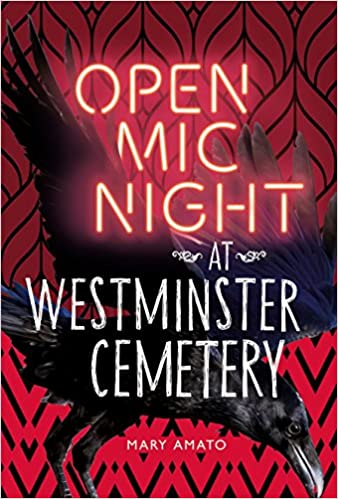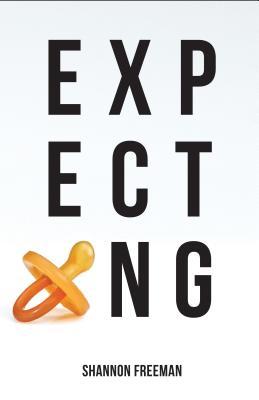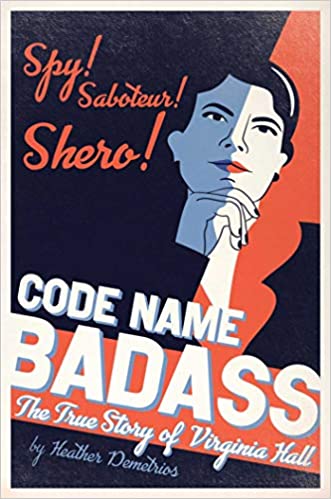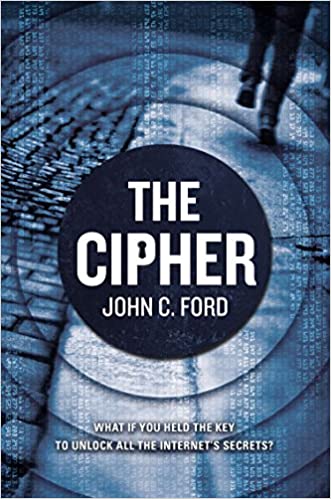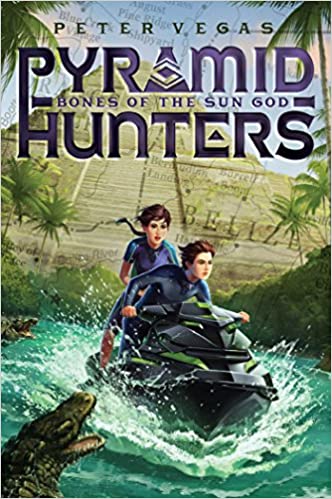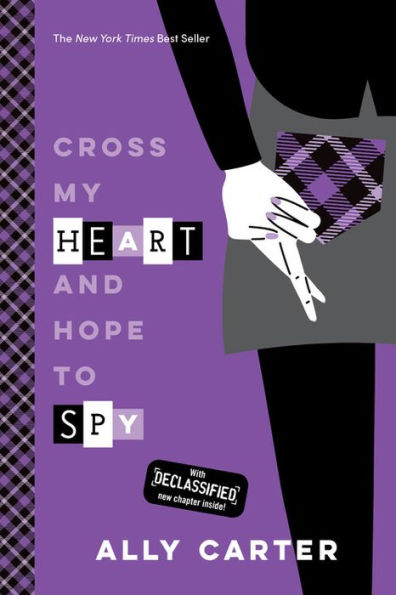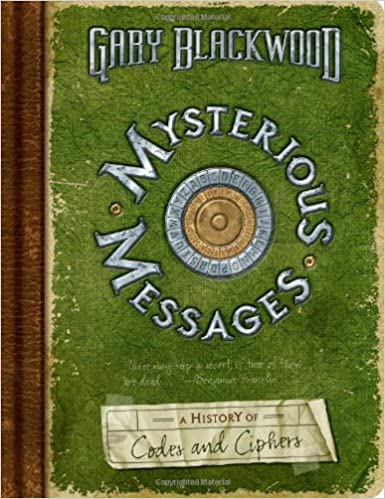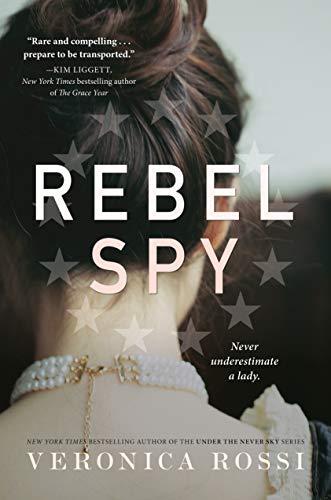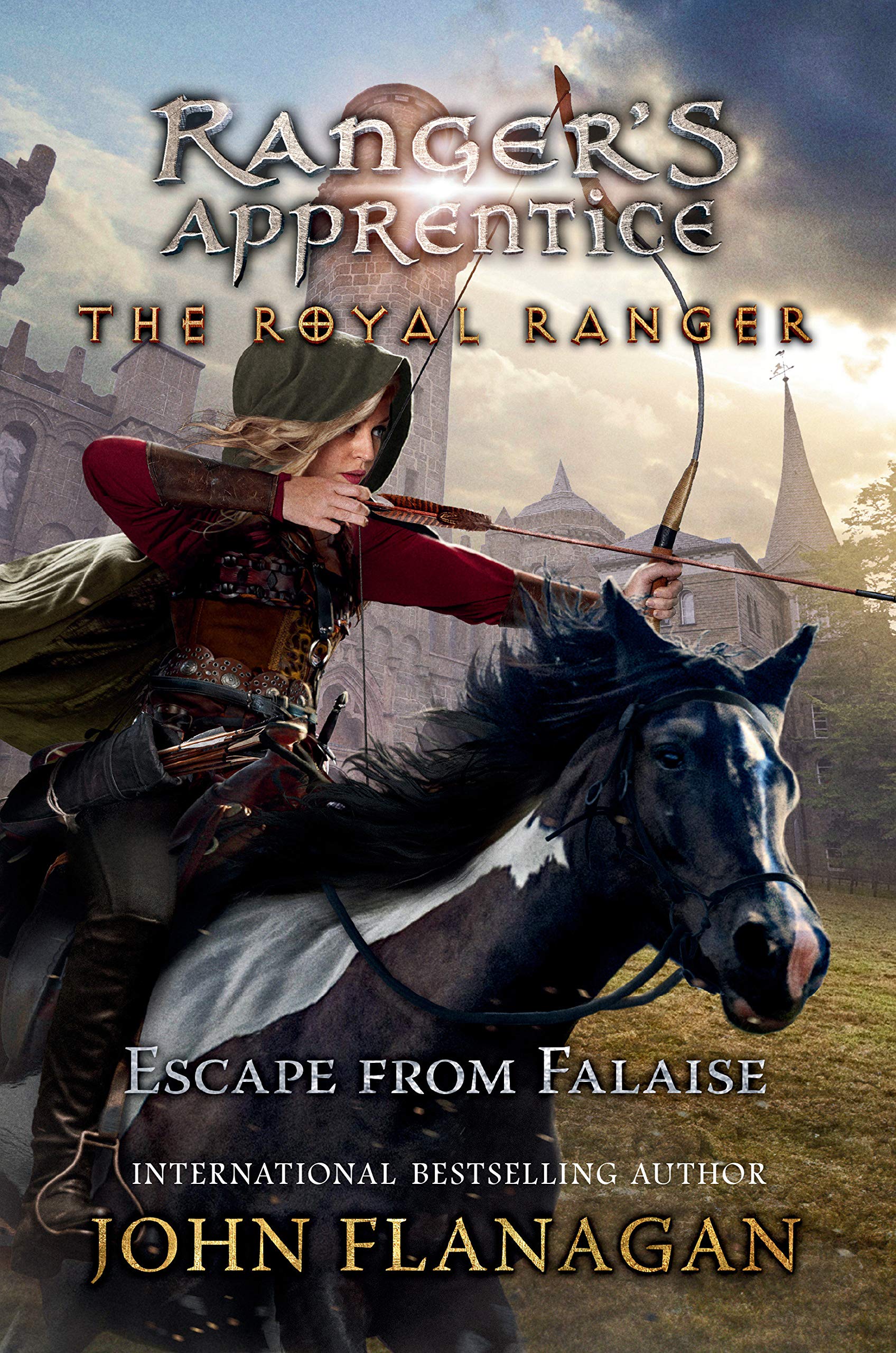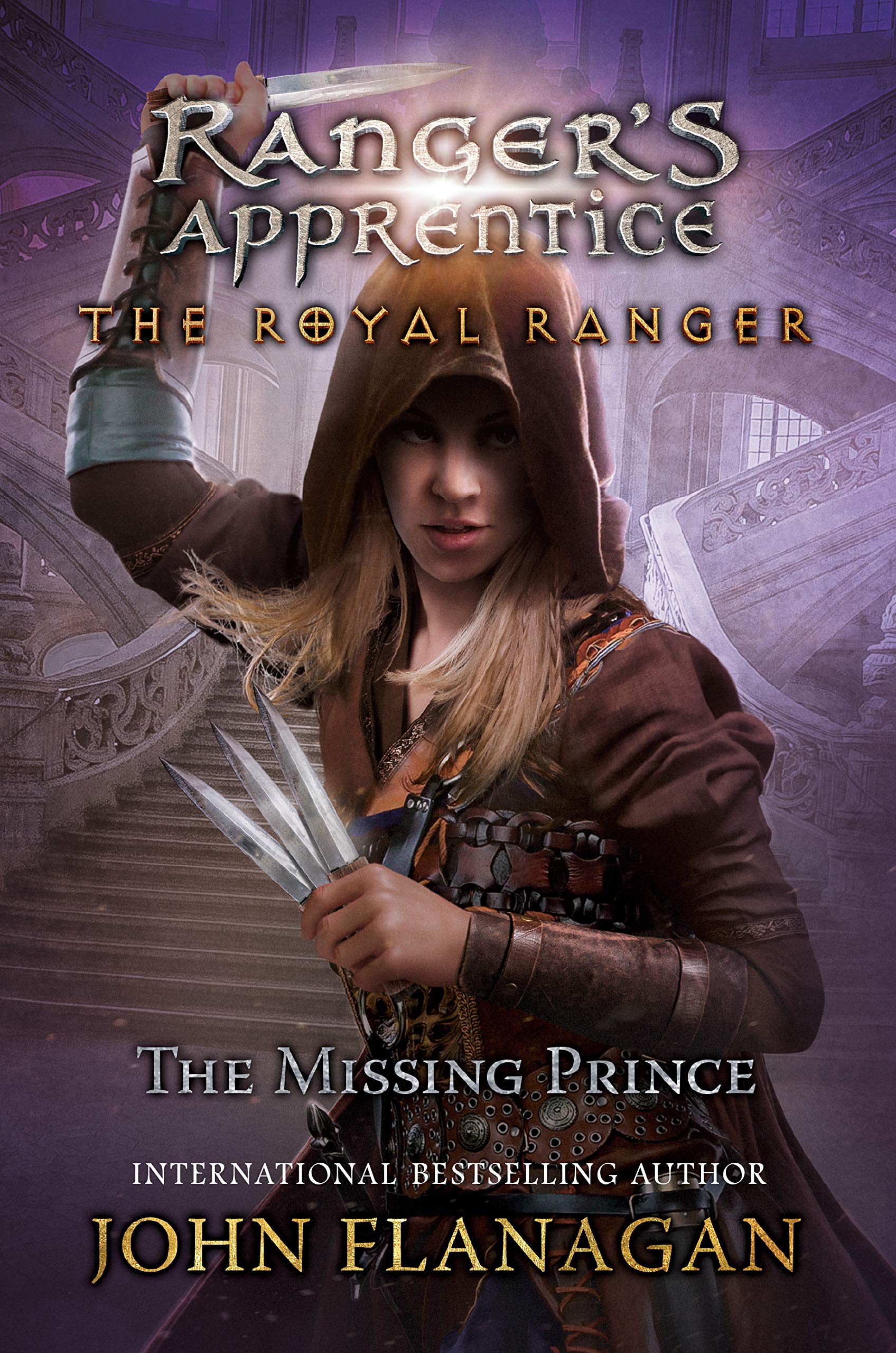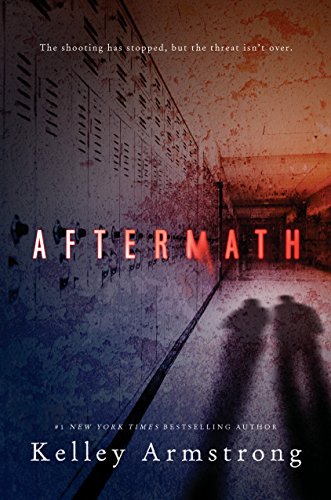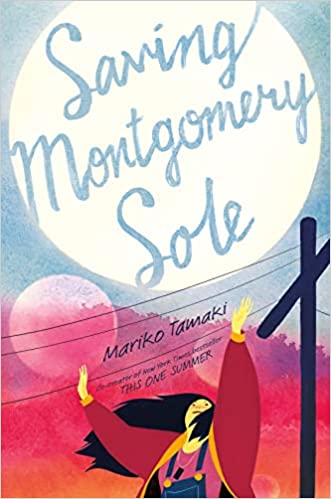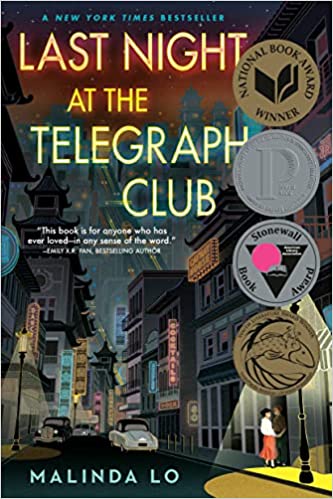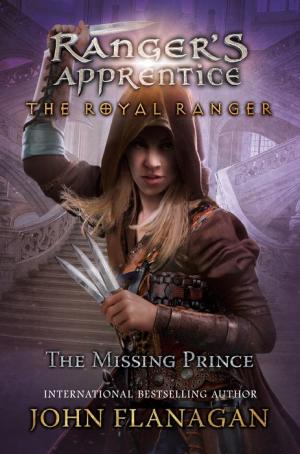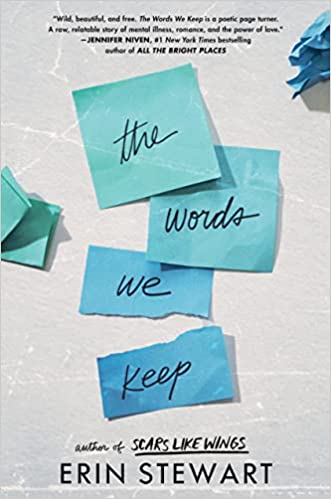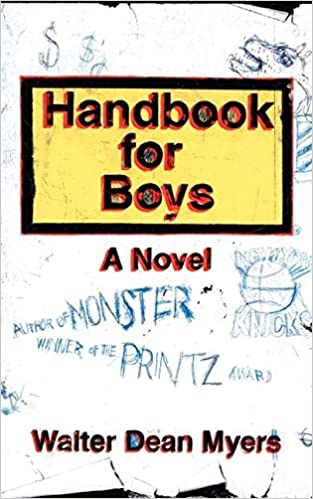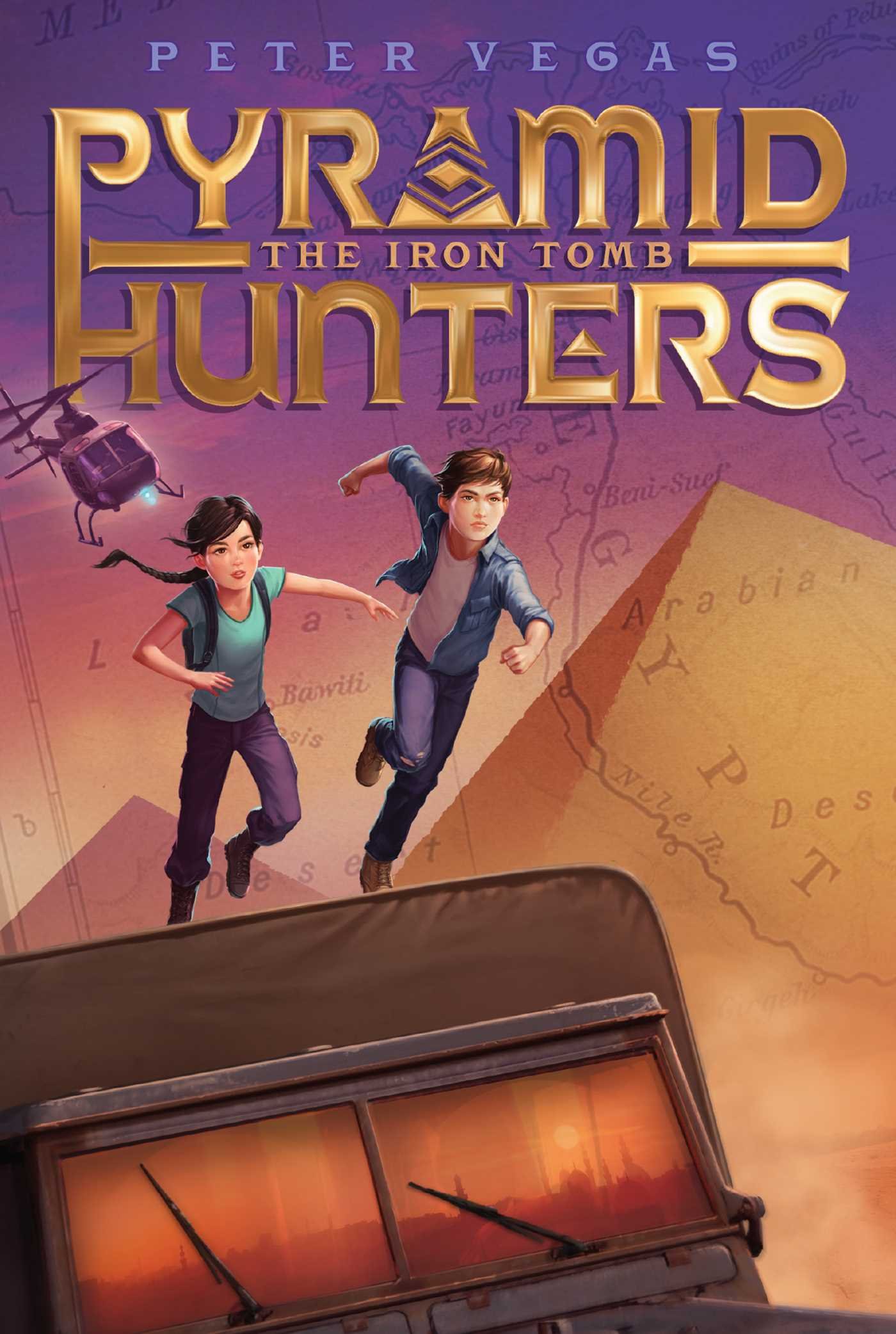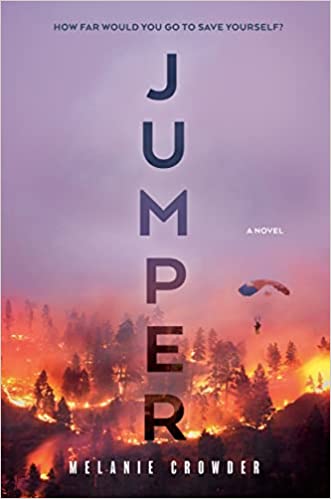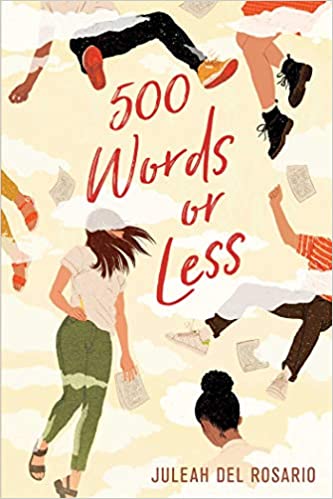When sixteen-year-old Lacy Brink finds herself in the Westminster Cemetery late one night, she is dazed and confused. For, according to the strangers she meets, Lacy is dead.
At first, Lacy is convinced this must be an elaborate prank or one of those game shows, and that the ghosts around her simply are committed actors. But Lacy soon realizes she truly is dead and is stuck in this cemetery with a bunch of constrictive rules: no cussing, return to your grave before daybreak, perform your “job without complaint,” only smile if “you have remarkably fine teeth,” and many, many more. There are over 250 rules that every resident of Westminster Cemetery must follow. If Lacy breaks three rules and earns three strikes, she will be suppressed—that means she will be unable to come aboveground and will be stuck in her grave “every single night and do nothing but listen to the goings-on above.”
While trying to fit into her new surroundings and carefully trying not to gain three strikes, Lacy is also curious why she is here, what happened, and why she is even dead in the first place.
In Westminster Cemetery, famous for being the resting place of the poet Edgar Allan Poe, Lacy meets a funny and interesting cast of characters who help guide her on her journey. This includes Sam, a lonely poet who is constantly looking for company, but “the sad truth is that there is no one in the cemetery [he] would call a friend.” Sam embraces Lacy and finds hope and friendship in her presence.
There’s also Mrs. Steele, a stringent rule follower, who is the pseudo-leader in the cemetery and makes sure everyone is in line with the guidelines. Mrs. Steele sees Lacy as a nuance and a problem that is ruining the cemetery’s order. There are also a pair of star-crossed lovers “suffering from forbidden love,” as one of them is suppressed and the other is in charge of suppressing residents of the cemetery. There’s a doctor who is “dying for stimulation and misses teaching.” Lacy also meets Edgar Allan Poe, his wife Virginia, and his mother-in-law Mrs. Clemm. Lacy even meets the Raven who inspired Poe’s famous poem.
While the residents help Lacy come to terms with her death, she helps them realize the potential of the afterlife. Through hosting an open mic night, Lacy creates a space for the residents of the Westminster Cemetery to express themselves and speak about their wants, their regrets, and their hopes. Together the group confronts Mrs. Steele and the strict rules governing them. Lacy, through her constant resistance, inspires the rest of the residents to stand up for themselves and to live their afterlife freely. While the cemetery’s rules try to apply perfection and order amongst the Dead, Lacy and the others realize “we’re all flawed.” The residents would rather embrace these flaws than continue to pretend they are perfect.
Mary Amato has uniquely crafted Open Mic Night at Westminster Cemetery, blending prose, plays, and poems together. In the introduction, the book is presented as “no ordinary novel,” for it is a “stage play” full of “oddities.” Furthermore, there is an omniscient narrator who often, hilariously, and sarcastically, breaks the fourth wall, talking directly to the audience. For example, during the play’s intermission, the narrator suggests the reader “ponder what you think might happen next or which character you identify with most.” The narrator continues by saying that “you could even discuss the philosophical questions that the work raises thus far with numerous friends and acquaintances and encourage them to purchase copies of their own.”
Open Mic Night at Westminster Cemetery is a great book and a must-read. Lacy and the other residents highlight the importance of embracing ones flaws and not following constrictive, oppressive rules. Furthermore, they show the importance of found family. While Lacy loses her mother and sister through death, she gains a loving, caring family in the residents of the Westminster Cemetery. With its great messages about found family and embracing one’s flaws, its fantastical worldbuilding and its incredibly unique structure, this book is a must-read.
Sexual Content
- Two of the residents of the cemetery, Owen and Clarissa, love each other and have been separated because of the cemetery’s rules. When given the opportunity to bend these rules, “Owen tiptoes to Clarissa’s grave. She steps out before he can knock . . . Starry-eyed, they kiss.” Virginia, the wife of Edgar Allan Poe, explains in the afterlife “everything I long for is forbidden.” She further says, “I want to laugh too loud and dance too long and make love until inhibition is gone.” Addressing her husband, Virginia says, “I had admired you. But I had never felt that kind of desire for you.”
Violence
- In a dramatic fashion, frustrated about his poetry, Sam “puts his journal back into his satchel, pulls out a knife, and stabs himself in the heart. He staggers around dramatically and then finally falls to the ground near [Edgar Allan Poe’s] monument with a thud.” Because Sam is dead and a ghost “the laws of physics . . . work differently among the Dead,” and stabbing himself did not hurt him in anyway but is rather for dramatic show.
- To prove to Lacy that she is really dead, Dr. Hosler “pulls a long surgical knife out of his bag and plunges it into her heart.” Lacy is “shocked, the knife sticking out of her chest, realizing that she feels no pain.” Lacy “removes the knife, feeling nothing. She examines her chest for blood but there is none. She checks to see if the blade is designed to collapse or play a trick.” But it is not. “Lacy hesitates and Dr. Hosler takes her hand with the knife and plunges it into his own chest.” Again Dr. Hosler is trying to prove to Lacy that she really is dead, and this is not a game.
- Lacy reminisces about the independence she had in middle school, such as being able to “ride city buses by herself.” With this independence, Lacy explains, she was exposed to “challenging moments” of life, like seeing “creepy guys who would unzip their pants, and once even the stabbing of a man by a woman impaired by opiate consumption.”
- In annoyance at the fact that she is dead, Lacy “knocks her head against the marble base. Once. Twice. Three times. LACY: It doesn’t even hurt. She does it again. Once. Twice. Three times.”
- Lacy explains to Edgar the theories surrounding his death. Edgar was found “delirious and destitute, wandering around in someone else’s clothing. Lacy says, ‘Some say you were drunk, others say you had been robbed and suffered a beating!’ Lacy continues, “Another theory is that you were kidnapped by a gang to be used as a straw voter in a local election.’” Lacy goes on to explain that Edgar was “taken to the hospital, where you lapsed in and out of consciousness” and later died.
- Peter, one of the residents of Westminster Cemetery, reveals he killed himself. Peter says, “I died by my own hand, a knife to my wrist.” To have him buried in the cemetery, his mother lied and said Peter “died by accident while [he was] cleaning fish.”
- Henry Steele, Sam’s father, explains his faults and wrongs during the open mic night. Henry says as he “got deeper into debt and deeper into drink . . . it made me do things I didn’t want to do. I beat [my wife, Gertrude] and I beat [my sons].” When Sam was four, Henry explains, “Sam was scared to go to bed, and I wanted him to shut up, so I took him out back with a leather strap. He was like a little fawn, he was so small. Gertrude begged me to stop and I hit her harder than I ever had and told her to shut up . . . I was going to kill him. She could tell. So she did what she had to do. As soon as I felt the blow on the back of my head, I knew.” Mrs. Steele killed her husband, afraid for her son’s life and for her own.
- Lacy died in a car crash. “The light was turning red and a blue pick-up truck gunned into the intersection just as a black car turned from the left . . . The truck hit the car . . . and then the car spun and started rushing toward [me].” Lacy explains “at first I had this false sense of security because I wasn’t standing in the street, you know, I was standing on the sidewalk, pretty far from the curb. But then the car jumped the curb, and in that second before impact, I knew I was going to die.”
Drugs and Alcohol
- Sarah, a resident of the cemetery and the President of the Food and Drink Committee, explains, “Mrs. Steele doesn’t allow alcohol.” To which Dr. Hosler points out “is ridiculous since it has no effect on us.”
- Olivia, Lacy’s sister, visits Lacy’s grave and shows up “drunk” many times. One night when Olivia comes, she was drunk and had taken a painkiller “she stole out of the medicine cabinet at Zane’s dad’s house.” Olivia explains, “she knows that neither the drug nor the booze will be able to soften the cold, hard shell that now defines her.”
- Another night, Olivia arrives with “a bottle in her left hand—not even bothering to hide it—and her right hand is wrapped in a makeshift bandage . . . Half an hour ago she took a second painkiller too close to the first and washed it down with vodka that she sweet-talked an old man into buying for her.” After a while, Olivia’s mom comes to pick her up and takes her home.
- Lacy explains to the other residents at Westminster Cemetery that often at an open mic, “tea and coffee or beer and wine” is served.
- Edgar Allan Poe is regarded as someone who “drank and gambled.” During the open mic night, Edgar says, “So the drunk keeps drinking / though he wants to be sober. / And the lover keeps cheating / though insisting that it’s over. / And the gambler who has guilt / runs to place another bet / while his family tries to live on / cold soup and regret.”
Language
- Profanity is used often. This includes fuck and ass.
Supernatural
- The premises of this novel is based on the existence of ghosts. The story is set in Westminster Cemetery in Baltimore, where Edgar Allan Poe is buried. At night, many of the residents rise and socialize with each other, “enjoy[ing] appropriate recreation.”
- The Dead cannot feel pain and are not affected by mortal needs like eating or sleep. Furthermore, those who are alive cannot see, hear, or feel the ghosts, “so all those ghost stories about spirits knocking on walls and creaking about in attics and blowing curtains and extinguishing lights . . . those aren’t true.”
Spiritual Content
- Sarah, one of the residents of Westminster Cemetery, exclaims, “who says God loves being silent?”
by Mikaela Querido
